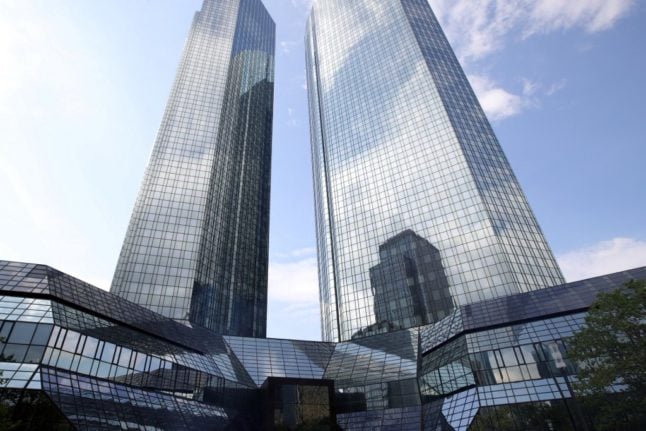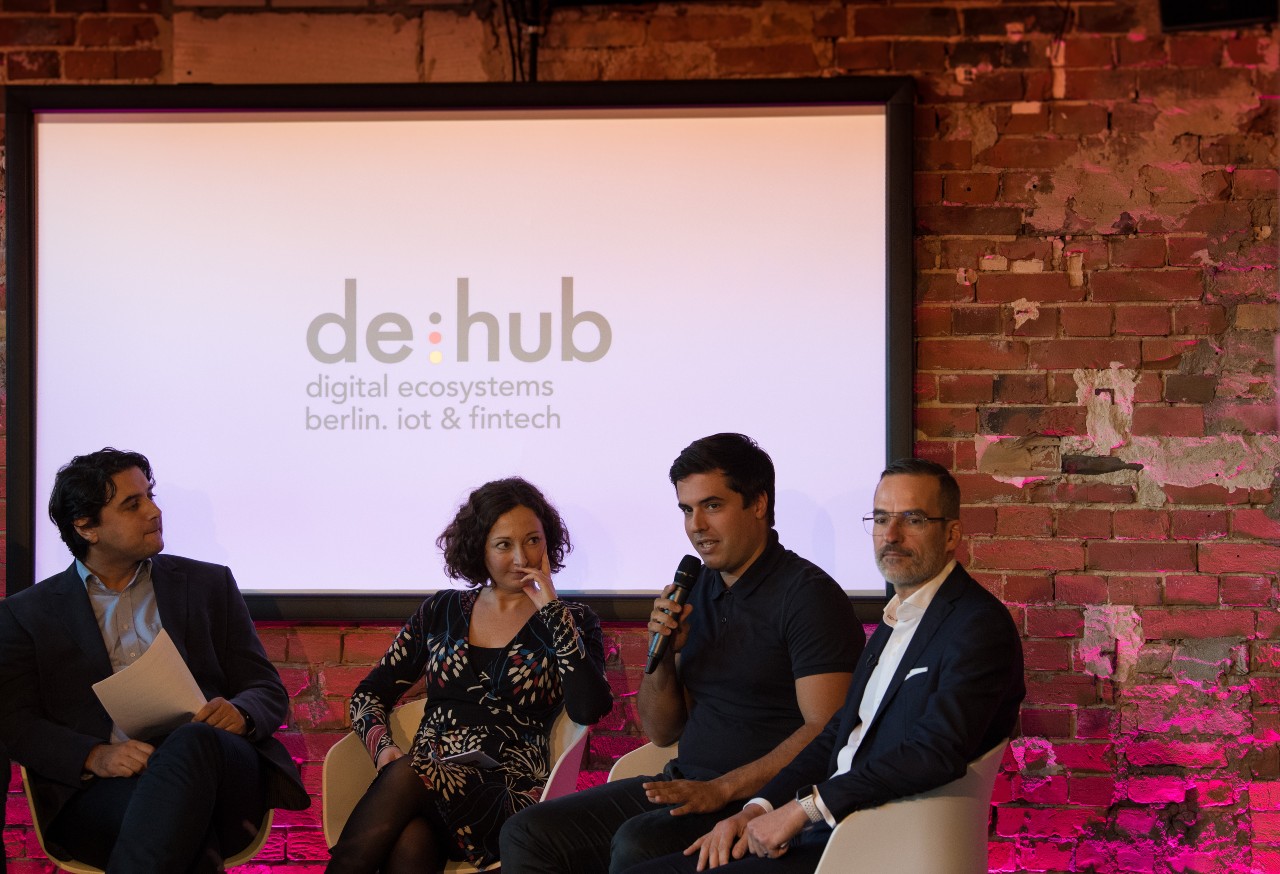Officers from the BKA federal police, the financial watchdog BaFin and the prosecutor’s office in Frankfurt had been “deployed” to the scene, they said.
The raid was linked to “suspicious activity reports filed by the bank” in relation to money-laundering, Deutsche Bank said in a statement, adding that it was cooperating with authorities.
Financial newspaper Handelsblatt said investigators were probing a transaction carried out several years ago involving Rifaat al-Assad, the uncle of Syrian leader Bashar al-Assad.
READ ALSO: Deutsche Bank to pay $130m to settle US bribery probes
Although Assad did not have an account with Deutsche Bank, the institution is said to have distributed money to the Assad family as part of a technical agreement with other banks, the paper reported.
Deutsche Bank has in recent years been closely watched by financial authorities in relation to suspicious transactions.
BaFin in 2021 called on management at the lender to redouble their efforts to tackle money-laundering activities. Investigators searched Deutsche Bank’s headquarters in 2019 for failing to report possibly illicit money flows.
READ ALSO: German police raid Deutsche Bank in ‘Panama Papers’ graft probe
The Frankfurt-based group also came under scrutiny for its role as a correspondence bank that handled foreign transactions for Danske Bank’s Estonian branch, at the centre of a €200-billion ($212-billion) money-laundering affair between 2007 and 2015.
Deutsche Bank subsequently agreed to pay a fine of €13.5 million for failing to report suspicious activity quickly enough, after an investigation by Frankfurt prosecutors.




 Please whitelist us to continue reading.
Please whitelist us to continue reading.
Member comments